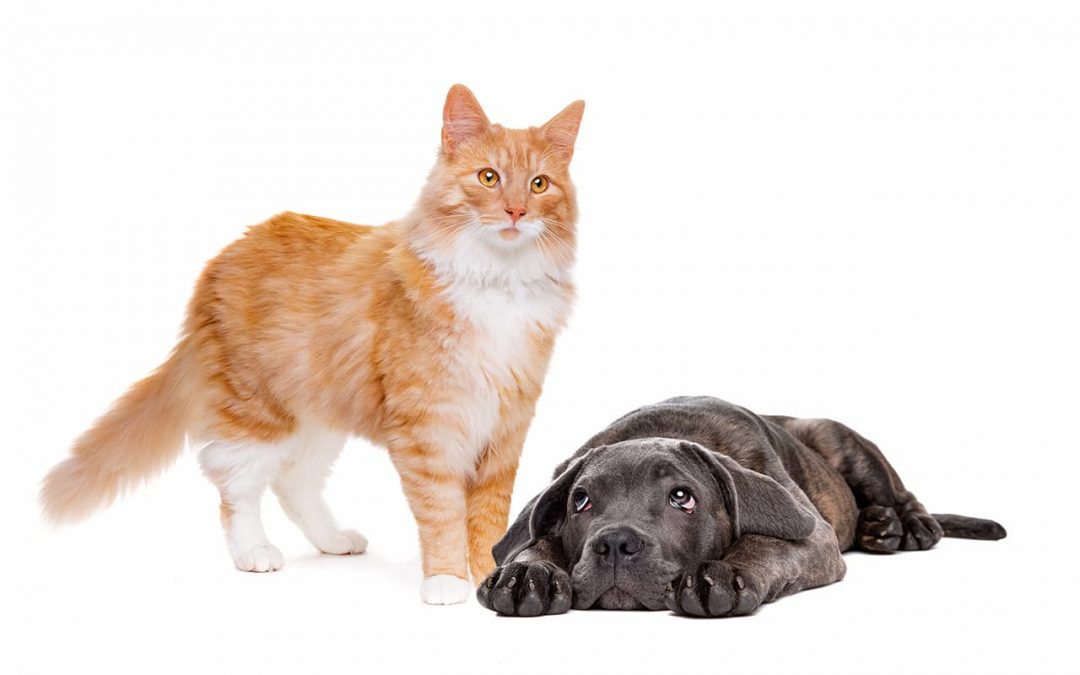For some of us, man’s best friend is a dog. For others, man’s best friend is the garage. It’s a personal preference and nobody’s judging – but no matter which you choose it’s important to understand that pets and garages generally don’t mix. Which is not to say you have to decide between the two.
Just keep in mind that garages in general aren’t safe for dogs. They can even be an unsafe place for humans if we don’t practice standard garage safety tips. When it comes to our four-legged friends, here’s what to watch out for in the garage.
The Garage Door
The US Consumer Product Safety Commission reports that each year, we humans experience about 30,000 injuries because of accidents with garage doors. Scary statistics – especially when you consider that all garage door systems manufactured after 1993 were required to have a built-in safety reversing or automatic shut off system.
Pets can be spooked by the noises overhead garage doors make. If they’re inside the garage, they may decide to run out. Motion sensors and automatic reverse systems work even for dogs, so it’s unlikely that they can be harmed by the garage door. It’s what’s outside the door, such as an approaching car, that represents danger for your pet.
Carbon Monoxide
If you’ve converted your garage into a workshop for vehicles, you should already have an appropriate ventilation system in place to remove the toxic exhaust from engines. Even so, a garage is a dangerous place for pets to be because of carbon monoxide.
They are highly sensitive to this gas. If your dog has ever gotten car sick, it’s likely that they were exposed to just a small amount of carbon dioxide during the trip. If you suspect your dog has inhaled carbon monoxide, look for signs of poisoning such as twitching muscles, wobbly legs, or red gums and reddened mucous membranes around the eyes.
Antifreeze
Those of us who live in cold climates know this is a lifesaver for our vehicles, but it can be lethal to pets. It smells and tastes sweet, which is why it’s one of the most common forms of pet poisonings. Both antifreeze – which we often also add to our windshield wiping fluid on cold months – and brake fluid contain a substance called ethylene glycol.
This substance is highly toxic and damage your pet’s kidneys, liver, and brain. Veterinarians advise not to induce vomiting if you suspect your pet has ingested antifreeze or brake fluid. Get medical attention right away, as it only takes a few hours for ethylene glycol to cause permanent kidney damage.
Time for a Bigger Garage?
If you’ve outgrown your garage, it’s time to consider one of our Miracle Truss® prefab garage kits. Our strong and flexible designs feature steel for strength, and wood for flexibility. Learn more about the Miracle Truss® advantage.



